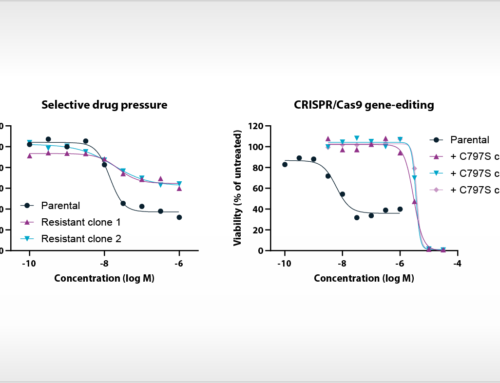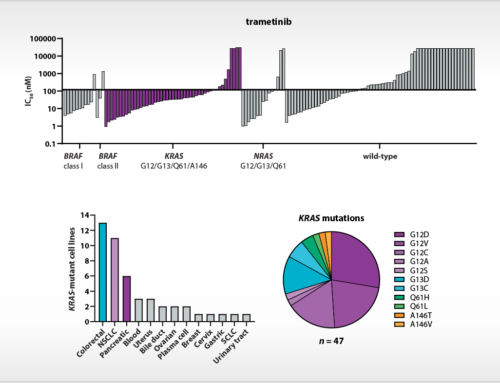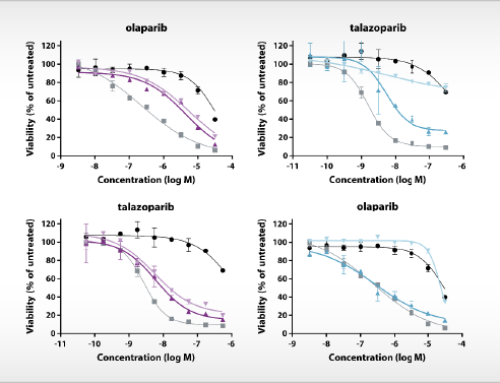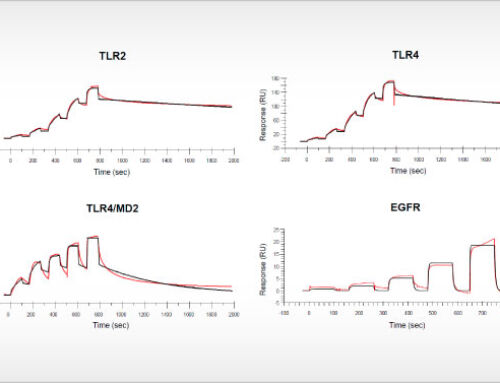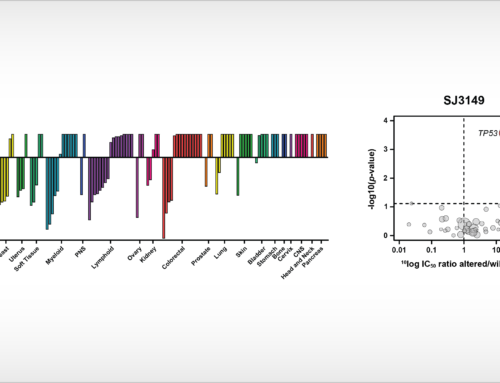Oss, Rotterdam, April, 28th, 2016 – Researchers from Erasmus Medical Center and NTRC have discovered novel combinations of experimental small molecule drugs that synergistically block pathologic activation of the IL7-receptor signalling cascade in leukemic cells of pediatric T-cell acute lymphoblastic leukemic (T-ALL) patients. The results of these pre-clinical studies will be published in an article in the high-impact scientific journal Leukemia, which can be previewed online at the site of the journal.
Intensive multi-agent combination therapy has resulted in an improved cure and increased survival of children suffering from acute T cell leukemia. Still, the perspective of relapsed patients remains poor, while a major disadvantage of high-intensive treatment protocols is that they may trigger therapy-related toxic effects that appear later in life. By high-throughput parallel DNA sequence analysis, Dr. Jules Meijerink and his team at the Erasmus Medical Center in Rotterdam (EMCR) has categorized many of the mutations associated with T-ALL in pediatric patients. In almost half of T-ALL patients mutations in the gene coding for the interleukin 7 receptor (IL7R) or in genes encoding downstream signalling molecules were found. In a collaboration with EMC, researchers from NTRC developed viability assays for T-cell leukemia cells from patients to determine the effects of libraries of small molecule compounds and investigational drugs as single agents and in combinations. In the article in Leukemia it is shown that inhibitors of the protein kinase MEK and of the lipid kinase PI-3Kinase or the protein kinase AKT synergistically inhibit activation of the IL7 receptor in human cancer cell lines and also in primary patient samples. Since the combination of MEK and PI-3K/AKT inhibitors is also toxic to cells without apparent mutations in the IL7 receptor pathway, the synergistic drug combinations may well have broader application in T-ALL. One of the encouraging results of current study is that novel synergistic combinations identified in cancer cell line profiling (SynergyFinder™) can be translated to patient samples.
From September this year, Dr. Meijerink will continue its research at the new Princess Máxima Center for Pediatric Oncology in Utrecht, The Netherlands.
Reference: Canté-Barrett et al. (2016) MEK and PI3K-AKT inhibitors synergistically block activated IL7-receptor signalling in T-cell acute lymphoblastic leukemia. Leukemia, published online first April 22nd.
About NTRC
NTRC is a precision medicine company dedicated to the development of new anti-cancer drugs. NTRC facilitates the development of novel therapies by providing cancer cell line profiling services (Oncolines™, SynergyFinder™ and OncolinesProfiler™), target residence time measurements for protein kinases (ResidenceTimer™), and developing new enabling technologies, such as NFK GreenScreen™. In addition, NTRC develops own novel targeted therapies based on small molecules, such as selective inhibitors of TTK (Mps1) protein kinase for chromosomal unstable tumours and inhibitors of the tryptophan metabolizing enzymes IDO1 and TDO for cancer immunotherapy. For more information please visit www.ntrc.nl or contact info@ntrc.nl


